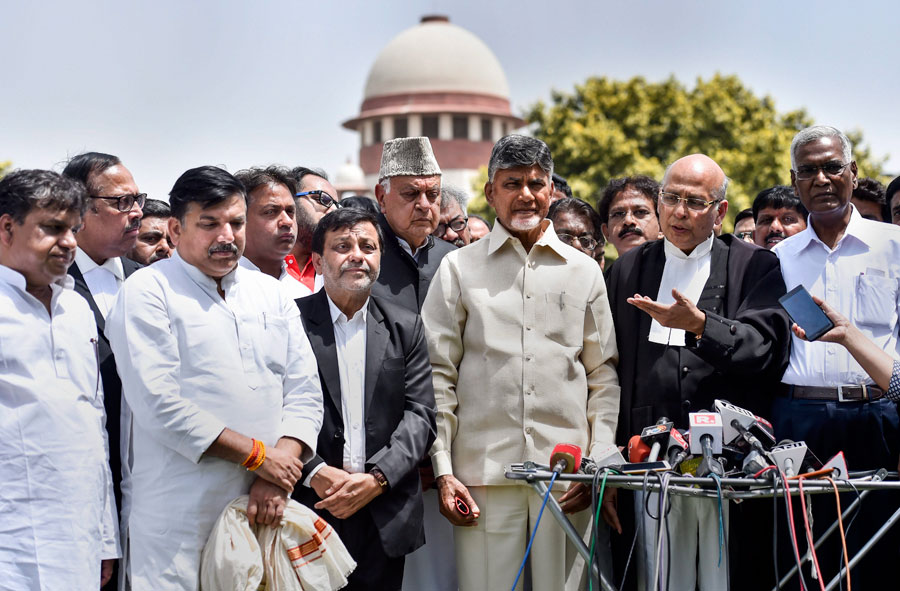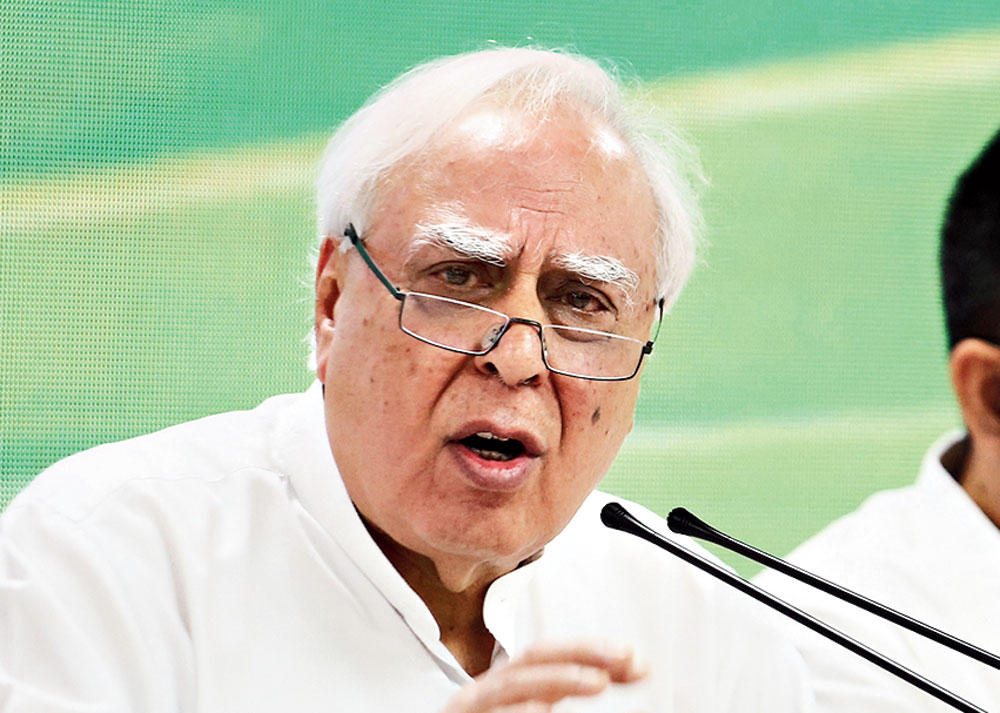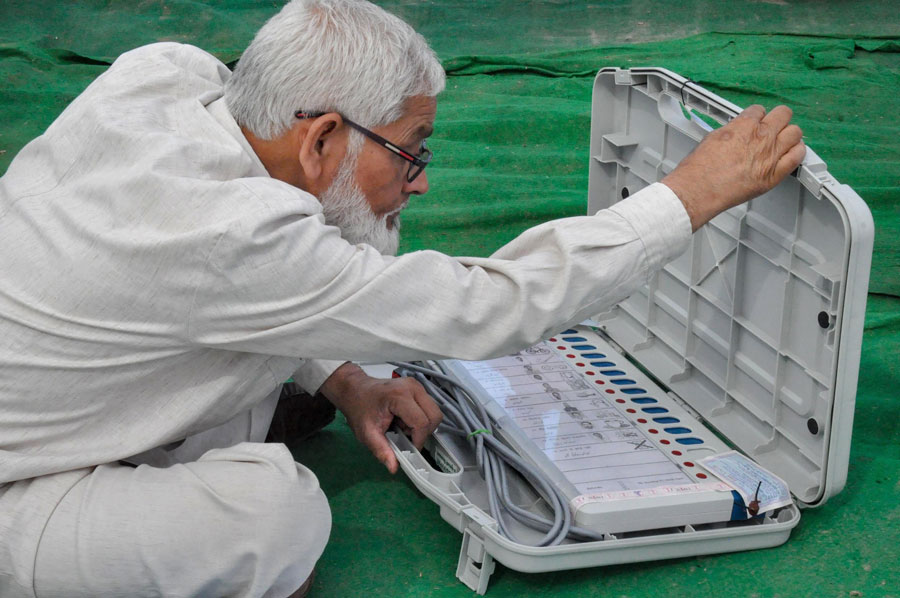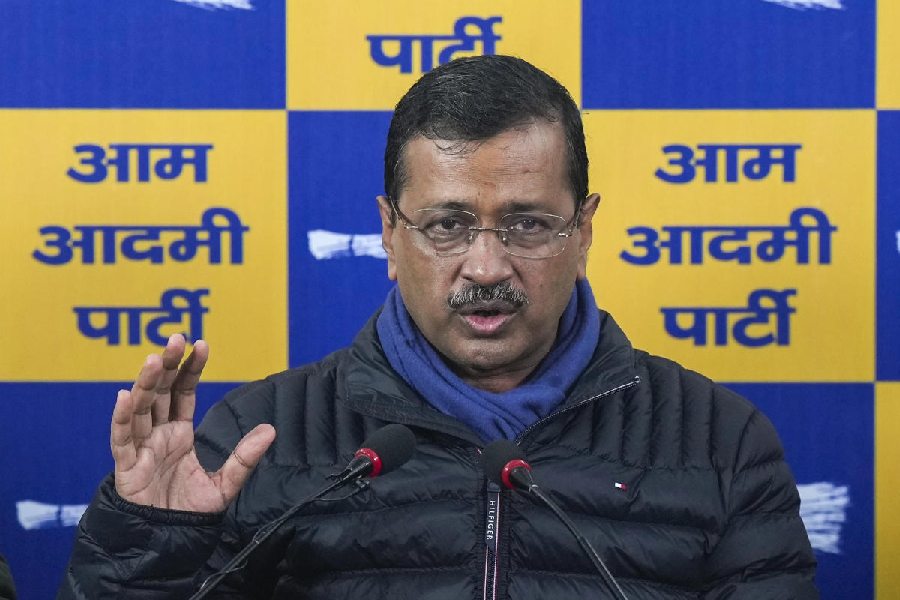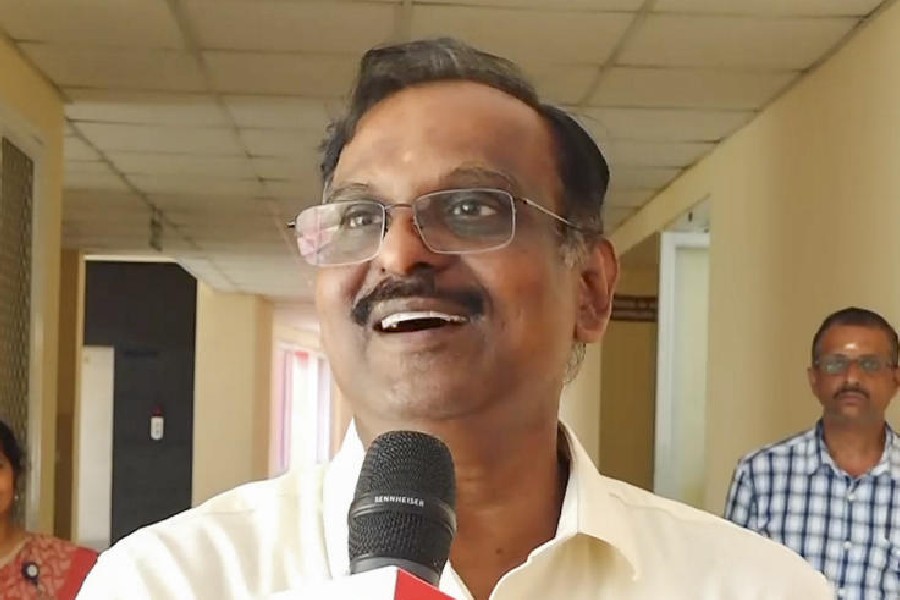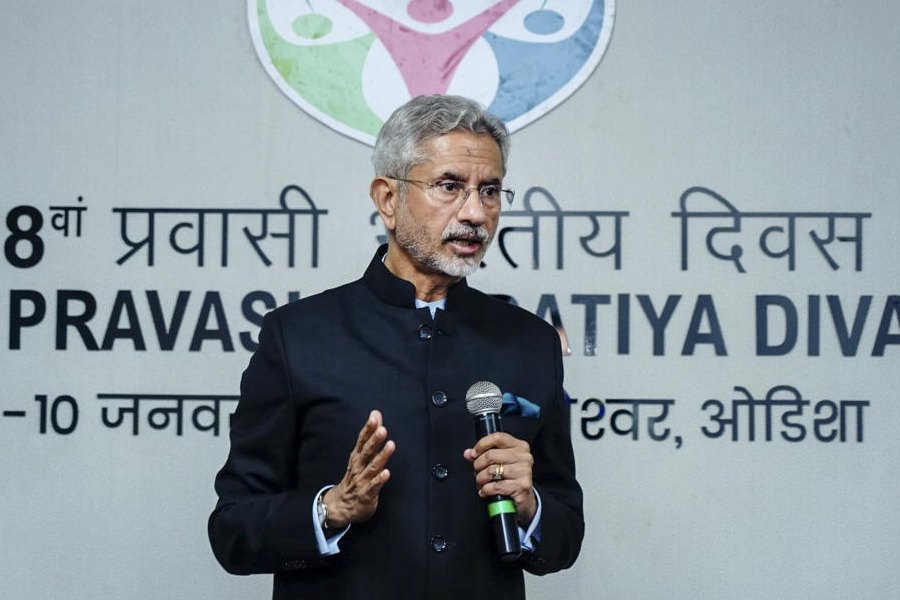The Supreme Court on Tuesday dismissed a review plea filed by 21 opposition parties to increase the random matching of EVM records with voter-verifiable audit slips to at least half the polling booths, saying it was “not inclined to modify” the order it had passed last month.
The verdict means a setback for the Telugu Desam Party-led Opposition that had been looking forward to a favourable ruling for the remaining two legs of the ongoing general election.
Even a last-ditch oral attempt by senior advocate and Congress leader Abhishek Manu Singhvi to prune the opposition demand to at least 25 per cent of polling booths didn’t work.
“Your Lordships may at least increase the number to 25-35 per cent. It is for increasing satisfaction and a confidence-building measure, it must be viable,” Singhvi pleaded.
The court wasn’t convinced. The bench, headed by Chief Justice Ranjan Gogoi, declined to review its April 8 order when it had directed the Election Commission of India to match VVPAT paper audit slips with electronic voting machine recordings in five booths per Assembly segment. The earlier practice was just one booth in every segment.
“We do not find any merit in the petition… we are not inclined to modify our order dated 08.04.2019,” the bench of Chief Justice Gogoi and Justices Deepak Gupta and Sanjiv Khanna observed.
“Suppose they (the commission) find any fault in five, then?” Singhvi argued. “There are no guidelines for this.”
Lawyer and Congress leader Kapil Sibal, who too had joined the arguments, said the poll watchdog had “misled the court” on this aspect.
But the bench refused to budge. “This is a review petition,” Justice Gogoi said. “We are not obliged to hear you in an open court.”
Desam boss and Andhra Pradesh chief minister N. Chandrababu Naidu, National Conference leader Farooq Abdullah and the CPI’s D. Raja, who were present in the court among others, dispersed after the verdict.
The 21 parties had sought the review saying the increase in the number of booths from one to five for the random tallying of votes was not a reasonable number.
They had cited complaints about malfunctioning EVMs from across the country amid fears that the voting machines could be manipulated to the detriment of the wider opposition.
The parties had said the first phase of polling for the parliamentary elections had taken place “after the passing of the impugned order” and a number of EVMs and VVPAT devices across the country had been “found to be defective and faulty”.
“It has been reported that in some cases where voters would vote for one party, (the) EVM would record their vote having been cast for another party. In constituencies where EVMs or VVPATs were found defective, polling had to be delayed and, in some cases, went on till (the) wee hours of the morning,” they said.
Such occurrences, their petition contended, “make mandatory random check(s) against VVPAT (slips) even more crucial than before”.
The opposition parties also said the credibility of EVMs had been seriously called into question since the court passed its April 8 order.
“The impugned order, therefore, deserves to be reviewed and the number of EVMs to be randomly checked against VVPAT deserves
to be further increased. The petitioners, therefore, seek review of the order dated 08.04.2019 to ensure that the ‘greater satisfaction’ that this Hon’ble Court has itself desired is actually met in letter and spirit,” the review petition had said.

